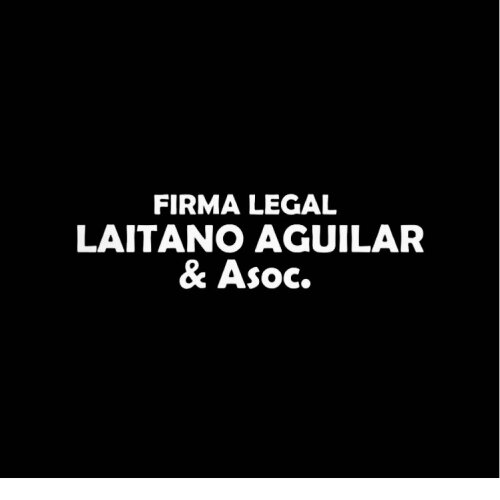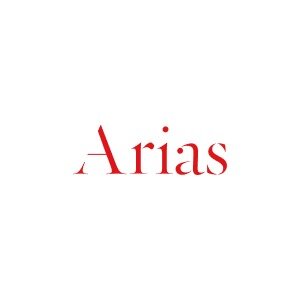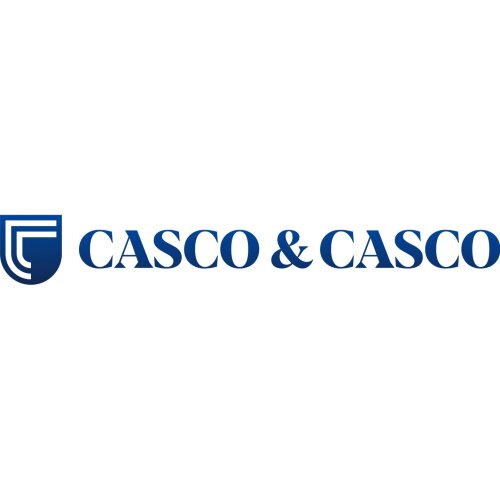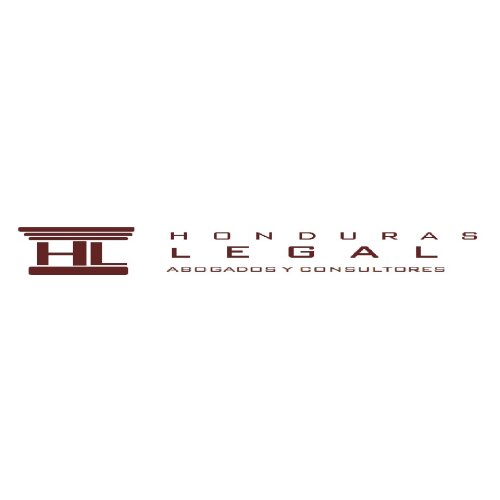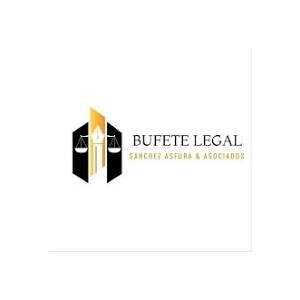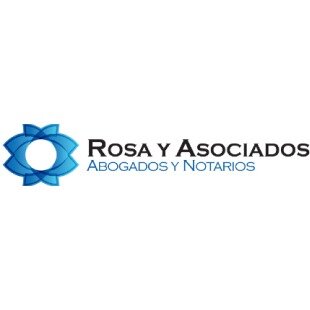Best Project Finance Lawyers in Tegucigalpa
Share your needs with us, get contacted by law firms.
Free. Takes 2 min.
List of the best lawyers in Tegucigalpa, Honduras
About Project Finance Law in Tegucigalpa, Honduras
Project finance law in Tegucigalpa, Honduras, refers to the legal framework that supports the funding and development of large infrastructure or industrial projects. Unlike traditional loan financing, project finance uses the future cash flows generated by the project itself as the main source of repayment, rather than the general assets or creditworthiness of the project sponsors. Major sectors in Tegucigalpa where project finance is common include energy, transport, water supply, telecommunications, and public infrastructure. It usually involves multiple parties such as sponsors, lenders, contractors, and government authorities to ensure successful project completion and operation.
Why You May Need a Lawyer
A lawyer with expertise in project finance is essential for anyone undertaking large-scale projects in Tegucigalpa, Honduras. Common situations where legal help may be required include:
- Structuring complex financial agreements among multiple parties
- Drafting and negotiating project contracts, such as concession agreements, loan documents, and shareholder arrangements
- Navigating governmental approvals, permits, and regulatory compliance
- Conducting due diligence to identify legal risks impacting project feasibility
- Resolving disputes among sponsors, lenders, or regulators
- Ensuring compliance with environmental, tax, and labor laws
- Protecting the interests of foreign investors and coordinating with international financial institutions
- Assisting with project restructuring or refinancing if challenges arise during project development or operation
Local Laws Overview
Project finance in Tegucigalpa, Honduras, is governed by a mix of national legal frameworks and sector-specific regulations. Some key aspects include:
- Public-Private Partnerships (PPPs): National laws facilitate collaboration between government entities and private investors for infrastructure projects. Legal frameworks outline how risks and rewards are shared.
- Security Interests: Lenders often require collateral, such as project assets or future revenues. The legal system supports the registration and enforcement of security interests.
- Foreign Investment: Honduras generally welcomes foreign investment, but there are registration and reporting requirements directed by the Honduran Ministry of Economic Development.
- Environmental and Social Laws: Projects must comply with environmental regulations and obtain the necessary permits from the Secretariat of Natural Resources and Environment (MiAmbiente).
- Taxation: Several tax incentives may be available, but understanding local tax laws and how they interact with international tax treaties is vital.
- Regulatory Authorities: Sectoral regulators (such as energy and transport) play a key role in granting licenses and monitoring compliance throughout project lifecycle.
Frequently Asked Questions
What is project finance and how does it differ from traditional financing?
Project finance is a funding method where repayment depends on the revenue generated by the specific project, not on the creditworthiness of the project sponsors. Traditional financing is typically based on the borrower's general credit and assets.
Which sectors use project finance the most in Tegucigalpa?
Project finance is most common in infrastructure sectors such as roads, energy, water, sanitation, telecommunications, and social infrastructure like hospitals or schools.
Are foreign investors allowed to participate in project finance deals in Honduras?
Yes. Foreign investors are generally allowed to participate, provided they adhere to registration, reporting, and local regulatory requirements.
How can a lawyer help with project finance transactions?
A lawyer assists with structuring transactions, drafting contracts, managing due diligence, negotiating with stakeholders, and ensuring regulatory compliance.
What are the main legal risks in project finance projects in Tegucigalpa?
Some main risks include regulatory changes, permitting delays, land acquisition issues, disputes between sponsors, and challenges in enforcing security interests.
What agencies regulate project finance projects in Tegucigalpa?
Key agencies include the Honduran Ministry of Economic Development, sectoral regulators (such as the National Electrical Energy Commission), and the Secretariat of Natural Resources and Environment for environmental permits.
Do project finance contracts need to be in Spanish?
Yes, official contracts and documents usually must be in Spanish or accompanied by an official translation to be valid and enforceable in Honduras.
Are there any tax incentives for project finance projects in Honduras?
Yes. Some sectors offer tax incentives for private or foreign investment, such as reduced import duties, tax holidays, or exemptions, depending on project location and type.
How long does it take to secure all necessary permits for a project?
The process can vary widely depending on the sector and complexity of the project but typically takes several months to a year or more, given all required permits and approvals.
What happens if the project fails and cannot repay the financing?
If a project fails, lenders may enforce their security rights against project assets or revenues as outlined in the contracts. The recourse is usually limited to the assets and cash flows of the project itself.
Additional Resources
If you are seeking more information or support related to project finance in Tegucigalpa, the following resources can be helpful:
- Ministry of Economic Development (Secretaría de Desarrollo Económico)
- Secretariat of Natural Resources and Environment (Secretaría de Recursos Naturales y Ambiente - MiAmbiente)
- National Congress of Honduras for legislative updates and regulations
- National Banking and Insurance Commission (Comisión Nacional de Bancos y Seguros)
- Chamber of Commerce and Industries of Tegucigalpa (Cámara de Comercio e Industrias de Tegucigalpa)
- Local legal and financial advisory firms specializing in infrastructure finance
Next Steps
If you need legal assistance with project finance in Tegucigalpa, Honduras, consider the following steps:
- Clarify your project scope, sector, and financial requirements.
- Gather all relevant documents and information about your project and stakeholders.
- Identify local law firms or legal specialists with expertise in project finance and Honduran regulations.
- Schedule a consultation to discuss your project's objectives, timeline, and potential risks.
- Work with your legal counsel to assess regulatory requirements, contract structures, and risk mitigation strategies.
- Maintain open communication with regulatory authorities and follow all procedures for permits and approvals.
- Stay updated on local law changes that might impact your project finance arrangements.
A qualified project finance attorney can guide you through each stage, helping ensure your project is legally sound and has the best chance of successful completion and operation.
Lawzana helps you find the best lawyers and law firms in Tegucigalpa through a curated and pre-screened list of qualified legal professionals. Our platform offers rankings and detailed profiles of attorneys and law firms, allowing you to compare based on practice areas, including Project Finance, experience, and client feedback.
Each profile includes a description of the firm's areas of practice, client reviews, team members and partners, year of establishment, spoken languages, office locations, contact information, social media presence, and any published articles or resources. Most firms on our platform speak English and are experienced in both local and international legal matters.
Get a quote from top-rated law firms in Tegucigalpa, Honduras — quickly, securely, and without unnecessary hassle.
Disclaimer:
The information provided on this page is for general informational purposes only and does not constitute legal advice. While we strive to ensure the accuracy and relevance of the content, legal information may change over time, and interpretations of the law can vary. You should always consult with a qualified legal professional for advice specific to your situation.
We disclaim all liability for actions taken or not taken based on the content of this page. If you believe any information is incorrect or outdated, please contact us, and we will review and update it where appropriate.




